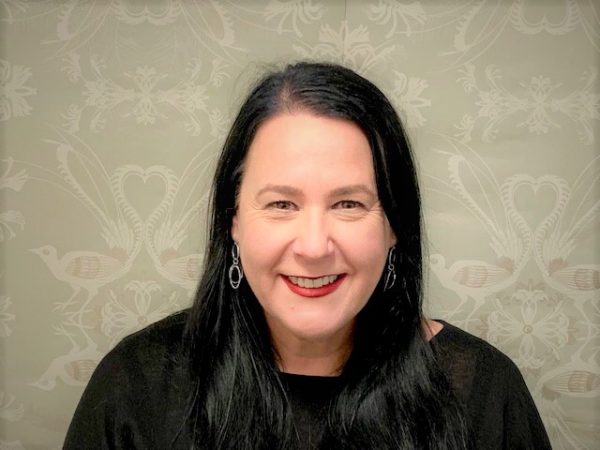Early one morning in March 2020, as I sat in an almost empty tram, in what felt like a slightly subversive act – traveling into the office, to collect the files and equipment I needed to be able to work from home – I opened the latest entry in the Red Hand Files. A reader had posed a simple, yet profound question: What do we do now?
Within his response, Nick Cave wrote:
“In time we will be given the opportunity to either contract around the old version of ourselves and our world — insular, self-interested and tribalistic — or understand the connectedness and commonality of all humans, everywhere. In isolation, we will be presented with our essence — of what we are personally and what we are as a society. We will be asked to decide what we want to preserve about our world and ourselves, and what we want to discard”.
As we emerge from the fog of the initial crisis, the Melbourne experience is teaching us that there will be no “return to normal”. And I don’t know about you, but I’m kind of tired of reading about “the new normal”, as though at some point in the near future, things may be different, but settled and orderly.
With such uncertainty, where do we begin to decide what we want to preserve, and what we want to discard?
It may feel tempting to wait – till the latest lock down ends, till the economy picks up, till next week, when something, anything, might be clearer. But let’s not kid ourselves. Of late, so much has been written about what the future of work will be, and it seems me, it’s mostly speculation. Possibly the only thing that is clear, is that many of the things we believed to be “truths” about our working lives, were in reality, merely choices.
But despite all the uncertainty, at an organisational level, now is precisely the right time to “decide what we want to preserve about our world and ourselves, and what we want to discard”.
Here are 3 things that are ripe for review:
Organisational Values
If you are reading this post, I don’t think I need to convince you of the importance of living organisational values – you already know. But as Dave Ulrich, the Rensis Likert Professor at the Ross School of Business, University of Michigan argues, in the absence of a physically defined workplace, values become even more critical than they were before. It is values that hold us together and drive our achievement.
With that in mind:
- What have you learned about what is really important to your team? At this time of disconnection, do your values support and encourage employee engagement?
- How can you adjust your values to capture the essence of what makes your organisation special, right now?
- What are you risking if you don’t make the choice to discard some of those old “truths” that are embedded in your values?
Now is the time to critically assess and adjust your organisational values.
Employment policies
While we’re critically examining old truths, what old truths sit behind your employment policies? Why is it, for example, that despite both parents working from home, in many cases, women still bear the greater share of the childcare burden? Do your employment policies directly or indirectly contribute to the perpetuation of inequality at a societal level?
If you want your organisation to be one that contributes to a better world, now is the time to review your employment polices – while the lessons learned through the stress testing of those policies are top of mind, and there is an opportunity to choose to do better.
Code of Conduct
A well designed employee code of conduct supports and reinforces organisational values, so if you decide to refresh your organisational values, it is also a good time to review your code of conduct.
But even if you decide you don’t need to refresh your values, now is still a good time to cast a critical eye over your employee code of conduct, because quite simply, in it’s old form, it may not adequately capture the new ways your people work together. It may be based on old assumptions about how employees come together, or interact with each other, customers or clients.
Getting your people involved, whether it be in refreshing organisational values, the code of conduct, or even reviewing employment policies, will help them feel more engaged, and probably more committed, to the future of your organisation – whatever it may be.
About Angela Seach

Angela Seach is an experienced workplace coach, and brings substantial experience across the full spectrum of strategic and operational people and culture management functions in public and private sector organisations to Worklogic.
Prior to joining Worklogic, Angela was an accomplished senior organisational development manager with a significant track record in successfully driving outcomes in large, complex and geographically dispersed organisations, including the Country Fire Authority, Ansett Australia and Air New Zealand Engineering Services.

